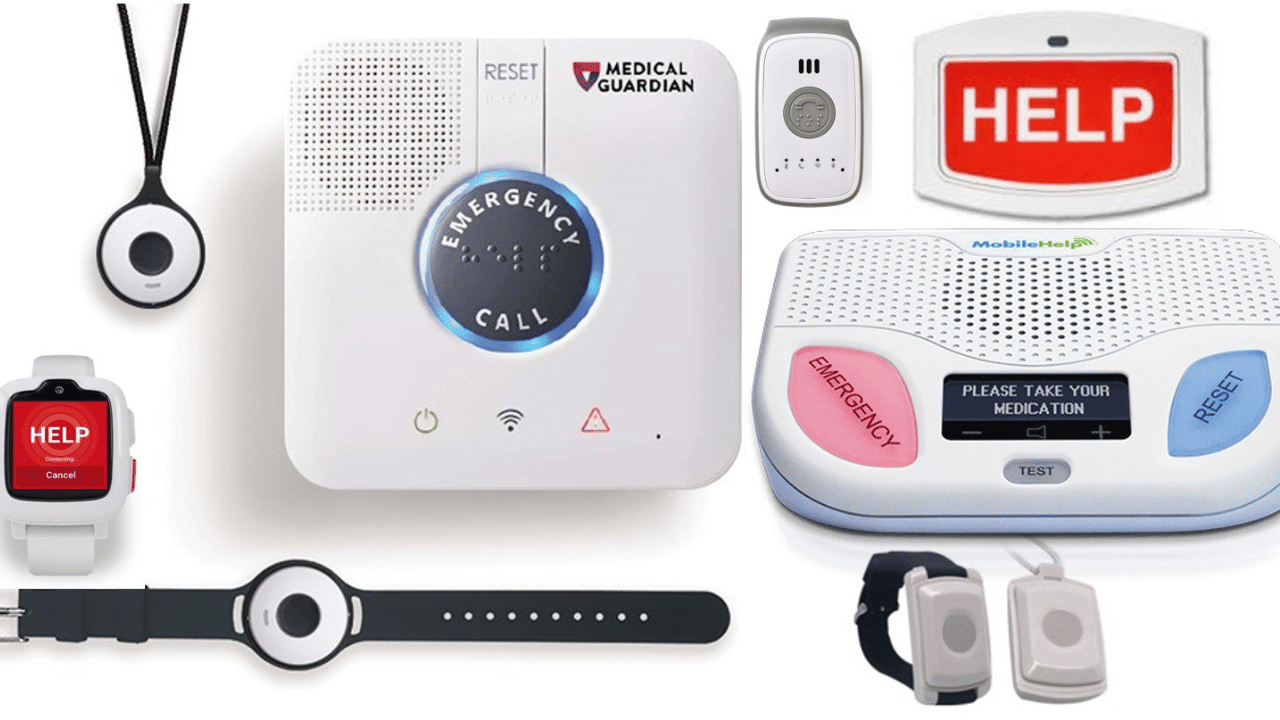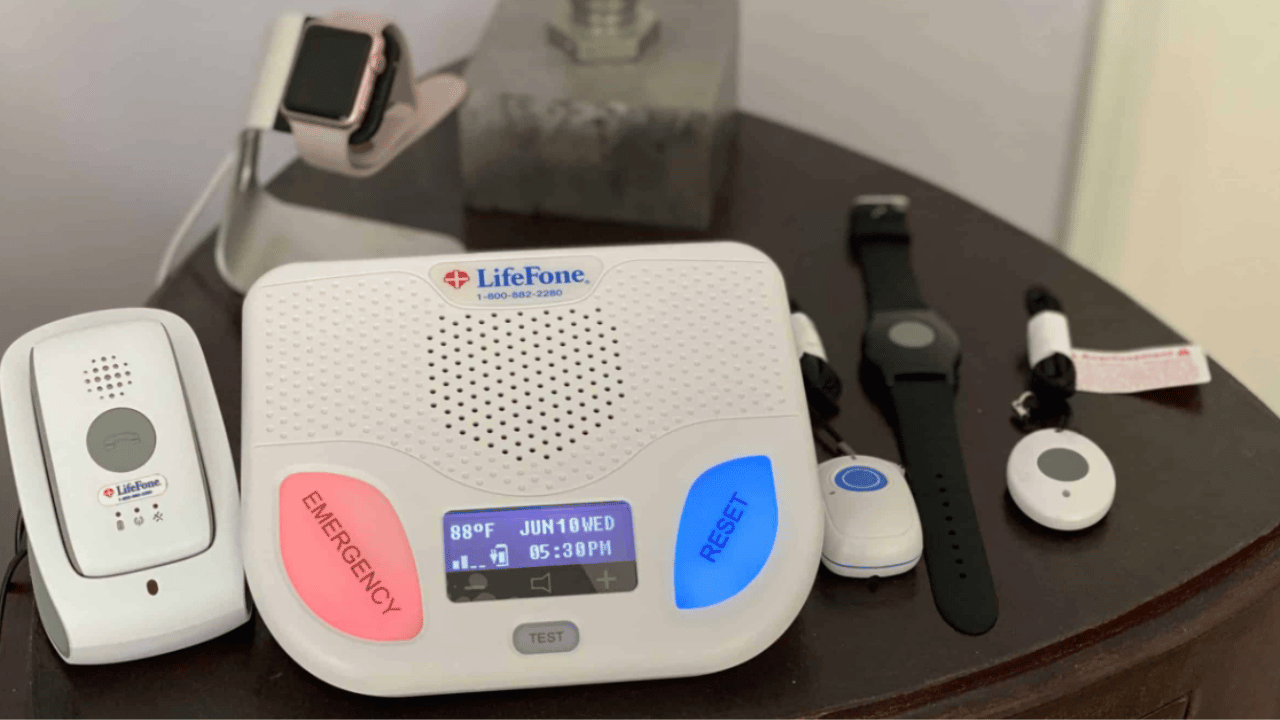Breaking Down the Myths and Misconceptions About Medical Alert Systems
In an era where technology is transforming the way we live, medical alert systems have emerged as a crucial tool for ensuring the safety and well-being of individuals, especially seniors. Despite their potential to save lives and provide peace of mind, there are still prevalent myths and misconceptions surrounding these life-saving devices. In this blog post, we aim to debunk these myths and shed light on the importance of medical alert systems.
Myth #1: Medical Alert Systems are Only for the Elderly
One common misconception is that medical alert systems are exclusively designed for the elderly. While it's true that seniors often benefit from these devices, they are not the only demographic that can reap the advantages. Medical alert systems are valuable for anyone with a chronic medical condition, individuals living alone, or those with disabilities. These systems offer a quick and efficient way to summon help in case of emergencies, regardless of age.
Myth #2: Medical Alert Systems are Unreliable
Some skeptics argue that medical alert systems are unreliable and may fail during critical moments. However, reputable providers use advanced technology and stringent quality control measures to ensure the reliability of their systems. Modern medical alert devices are equipped with features like fall detection, GPS tracking, and two-way communication, making them highly dependable in emergency situations.
Myth #3: Medical Alert Systems Are Expensive
Another prevailing myth is that medical alert systems come with a hefty price tag. In reality, the cost of these systems varies, and many providers offer affordable plans to suit different budgets. When considering the potential benefits, such as timely medical assistance and the ability to prolong independent living, the investment in a medical alert system is often minimal compared to the priceless value it provides.
Myth #4: Medical Alert Systems Are Intrusive
Some individuals fear that using a medical alert system means surrendering their privacy. However, modern devices are designed with user privacy in mind. They only activate when the user initiates a call for help or in the case of an automatic fall detection alert. The data collected is typically encrypted and securely stored, adhering to strict privacy standards.
Myth #5: Medical Alert Systems Are Complex to Use
There's a common misconception that medical alert systems are complicated and challenging to operate. In reality, most devices are user-friendly, with simple buttons and intuitive interfaces. Providers often offer thorough training and customer support to ensure that users are comfortable with their devices. The goal is to make these systems accessible to individuals of all ages and technological backgrounds.
The Truth
These devices play a pivotal role in enhancing the safety and independence of individuals, regardless of age or health condition. By embracing modern technology and understanding the true capabilities of medical alert systems, we can pave the way for a safer and more secure future for ourselves and our loved ones.
Contact us today, our Personal Consultants will assist you with understanding which medical alert is right for you or your loved one.










